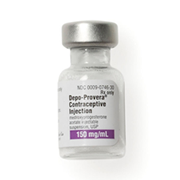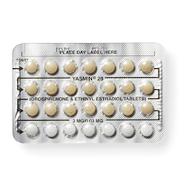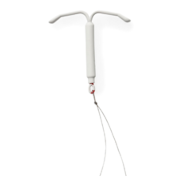I heard that hormone-filled pee is killing our fish and harming the environment. Is taking hormonal birth control bad for our water?
I heard that taking hormonal birth control is bad for the environment because of hormone-filled pee getting in the water.
Any form of birth control is better than no birth control when it comes to the environment. But let’s look a little closer at the claim that hormones in birth control are getting into the environment through pee. The simple answer is: yes, it is. But—and this is a big but—it is small compared to other sources of estrogen. Current research finds that the contribution of EE2 (the primary active ingredient in the pill, the ring, and the patch) to the total amount of estrogen in of our waterways is small. Bigger—much bigger—sources of estrogen in the environment come from industrial and manufacturing processes; agricultural fertilizers and pesticides; the drugs we give livestock; and the waste and runoff produced by these sources. Simply removing hormones from contraceptives will not eliminate the environmental impacts of estrogenic compounds. It’s much better to buy organic food if you can and even better to tell Congress to do its job and regulate chemicals, than to forego birth control. From Mother Earth’s standpoint, any form of birth control is better than no birth control.For purists who don’t want to add any hormones to the environment or to their body, no matter how small, there are options for you. Natural latex condoms and the copper IUD are two frequently cited examples of ultra-green contraceptives.
Still not working?
If you’d like to use a super effective method without any hormones, try the Paragard IUD.

Heat up your weekends with our best sex tips and so much more.




